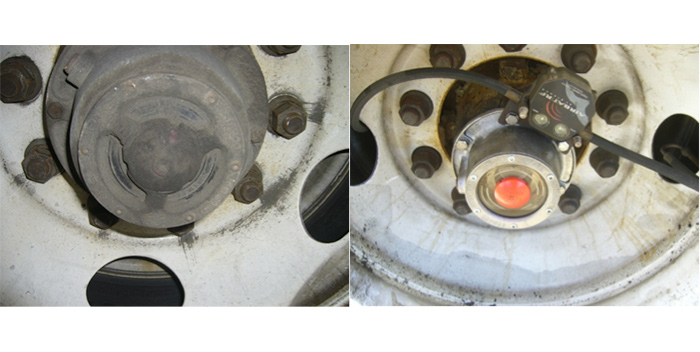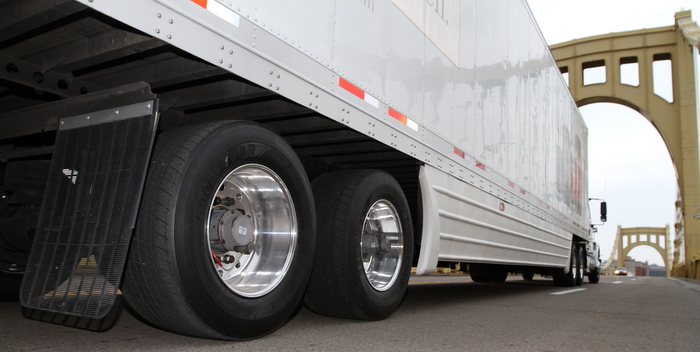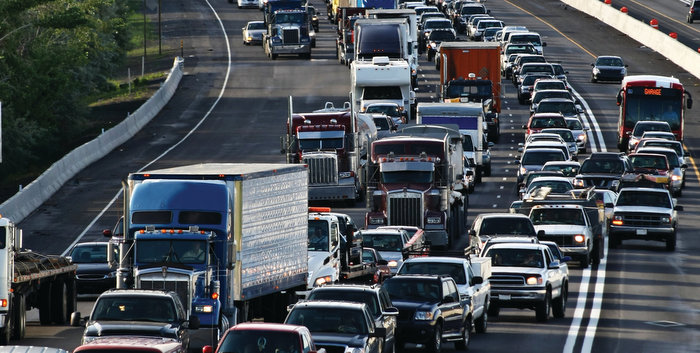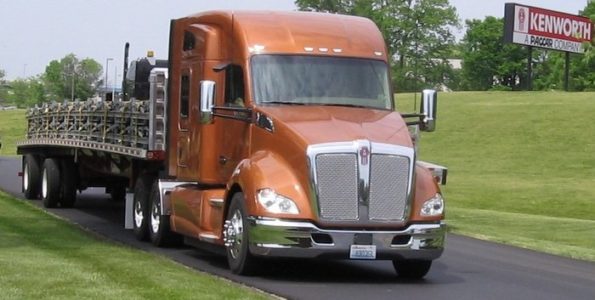After spending a couple of days at the Mid-America Trucking Show last month, I am struck by the number and breadth of hot issues the industry is facing this year and the rest of the decade. Those of you in the trenches are already painfully aware of most of them – the rising cost of new equipment, the cost of diesel fuel, biodiesel options and a proliferation of state and municipal anti-idling rules, to name just a few.
While these issues will continue to challenge fleets over the next few years, industry suppliers are looking at technology that will hopefully lessen their impact. As for purchasing new equipment, the jury is still out on how 2010 heavy-duty engines will be configured to meet the more stringent emissions, but engine makers are confident that they will meet the deadlines. And, while they grapple with choices, it appears that the most likely technology will combine selective catalytic reduction (SCR) with DPFs and a urea catalyst to meet the EPA-required emission regulation.
For light- and medium-duty engines, the buzzword is “hybrid.” While trucks outfitted with hybrid technology are still in test programs, they show great promise for some specific applications. It’s safe to say that, in the next couple of years, hybrid vehicle testing will lead to hybrid truck production, and some fleets will find these vehicles attractive options – particularly if the government steps up with incentives to help carry the initial cost burden.
Once light- and medium-duty hybrid trucks are added to fleets, we may see more interest in this technology for heavy-duty engines in certain applications, such as refuse hauling.
As for fuel, it would be difficult to predict future prices, but it is safe to assume that they will not decline. As a result, interest in “home grown” fuel alternatives and biodiesel fuel continues. But, there are concerns about the latter. Members of the National Biodiesel Board addressed this issue at Mid-America, suggesting that all producers of biodiesel comply with ASTM D6751 guidelines and procure BQ 9000 producer status. Members of the group said this is the first step toward guaranteeing a national standard for the fuel. In this issue, John Martin (page 12) looks at the issues surrounding its more universal acceptance.
Anti-idling, too, was addressed at Mid-America by inference; there were displays of auxiliary power units (APUs) everywhere. New technologies offered by well known suppliers like Espar, Thermo King, and Webasto were present, but so too, were new entrants to the industry. In addition, there were truck OEMs, like Peterbilt and Kenworth, that have introduced factory-installed APUs to address this national concern. Last month, Fleet Equipment published a feature on this topic that included a brief outline of state and municipal anti-idling laws currently on the books. This month, we have included a more detailed list of these laws (starting on page 40).
Carol Birkland, Editor









